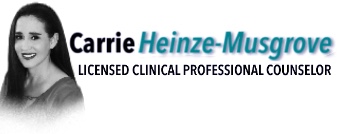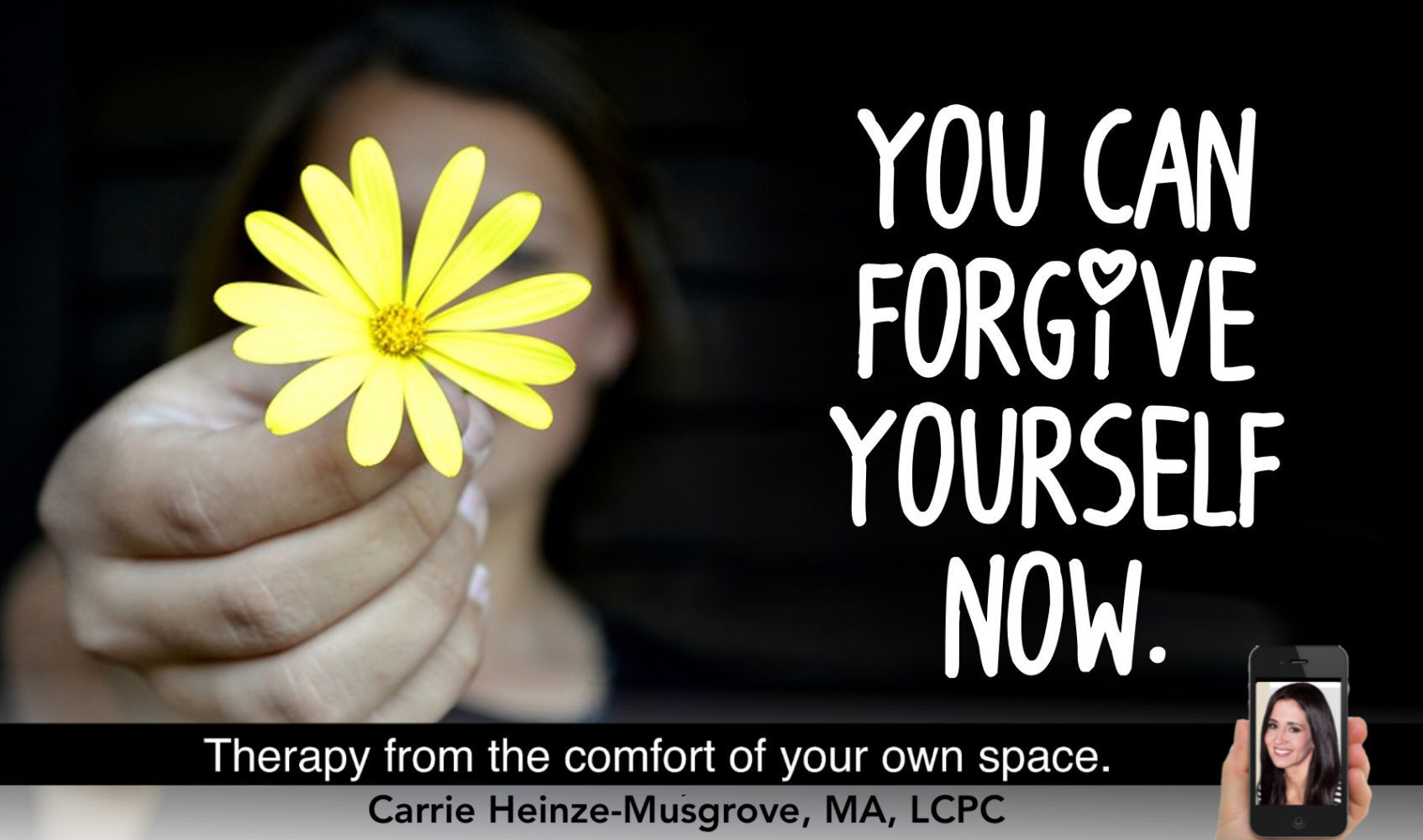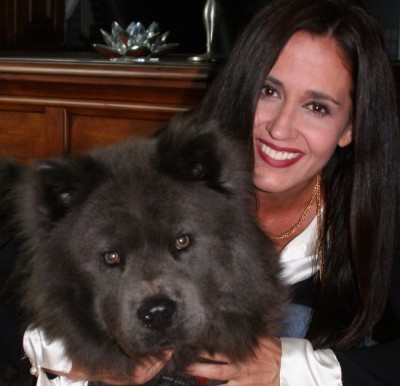Do you have that one thing you can’t forgive yourself for? Is there something you wish you could take back with every fiber of your being? Do you think your friends and family would never forgive you if they knew only half of what you know? Are you having a difficult time separating the good parts of yourself from your horrible parts? Does the awfulness of it fill you with guilt and shame? Do you feel worthless because of it?
Most acts we mistakenly categorize as “unforgiveable” fall into one of the following categories:
1. Your behaviors and actions have hurt someone else.
2. You have failed at some major life undertaking.
3. You didn’t do something you thought you should.
4. You’ve hurt yourself by the way you’ve led your life.
Self-forgiveness is an enormous obstacle for many people. We tend to internalize humiliation, guilt and shame and repeat the self-condemnation over and over. Not only is this horrible for your overall well-being, it isn’t any way to live.
To be clear, forgiveness does not mean pretending something never happened. It does not mean side stepping responsibility. It does not mean you are condoning or excusing what happened. Rather, forgiveness is acknowledging that even though your actions have consequences the self-loathing, disparaging thoughts and berating of yourself no longer serve a purpose.
There isn’t a quick and easy remedy for forgiveness. It doesn’t always follow a straightforward and clear-cut path. Forgiving yourself is a process. Expect setbacks. You must believe there is a way out of self-disgust, self-hatred, self-recrimination and self-blame for self-forgiveness to have a healthy chance of success.
If your self-hatred seems insurmountable, get involved in psychotherapy to gain outside perspective. Therapy will help you learn self-compassion, self-acceptance and self-love.
Are you ready to stop beating yourself up and forgive yourself?
I’d say it’s time.
Carrie






